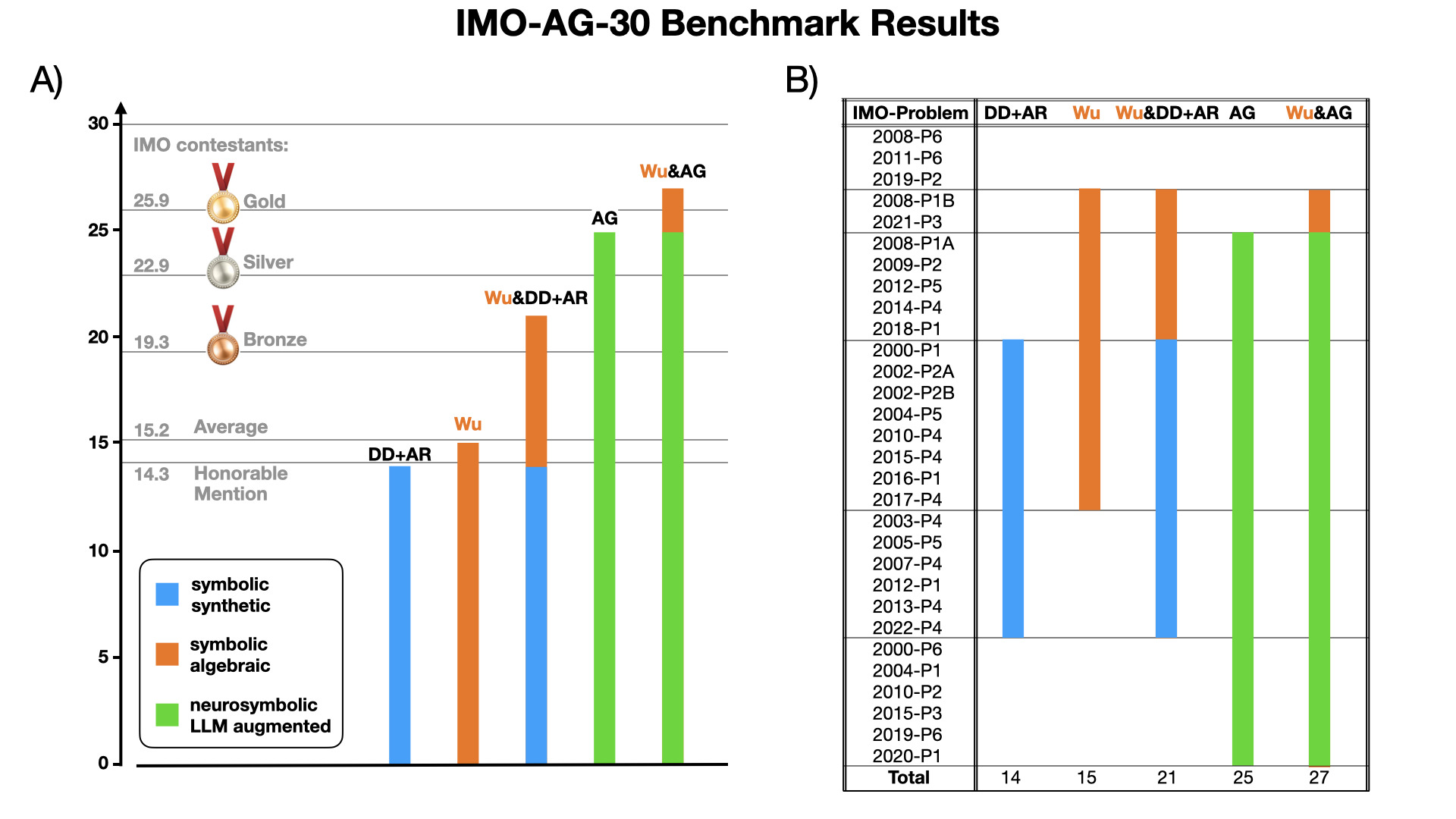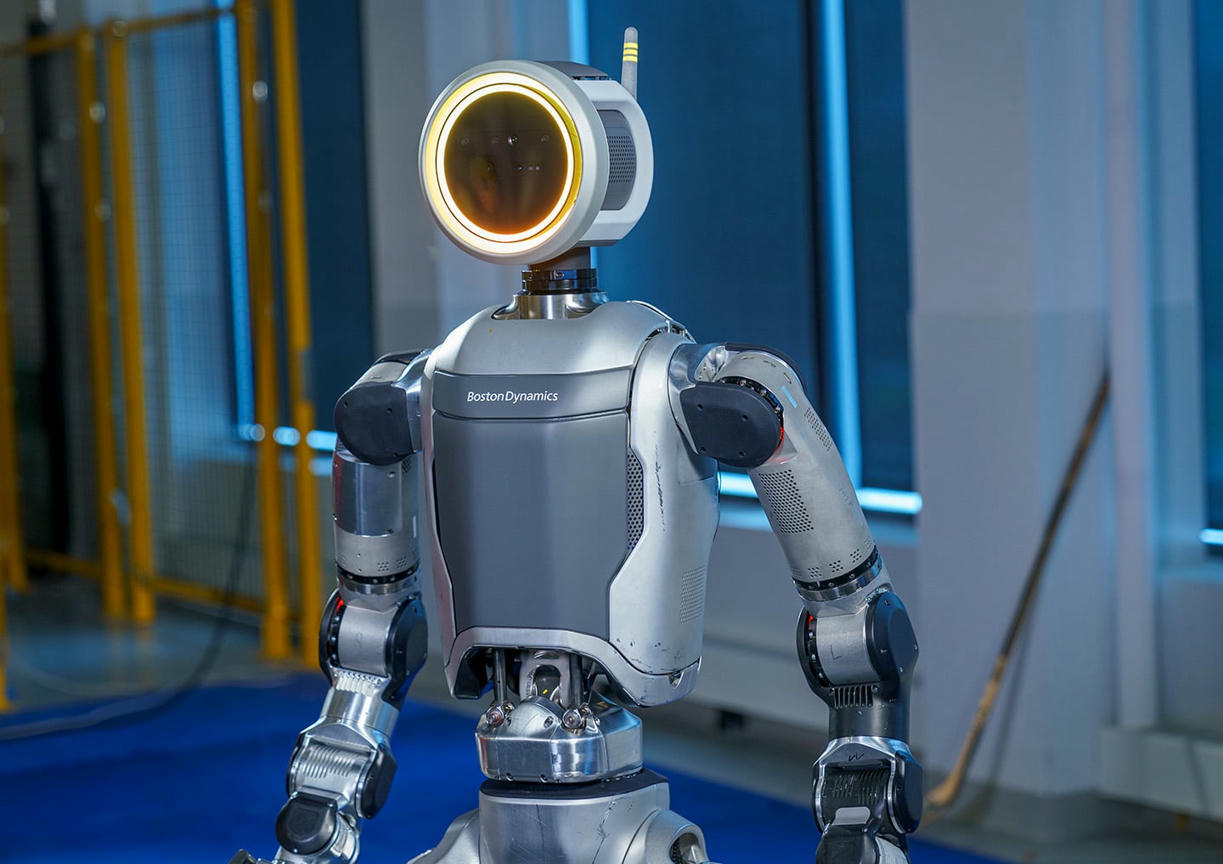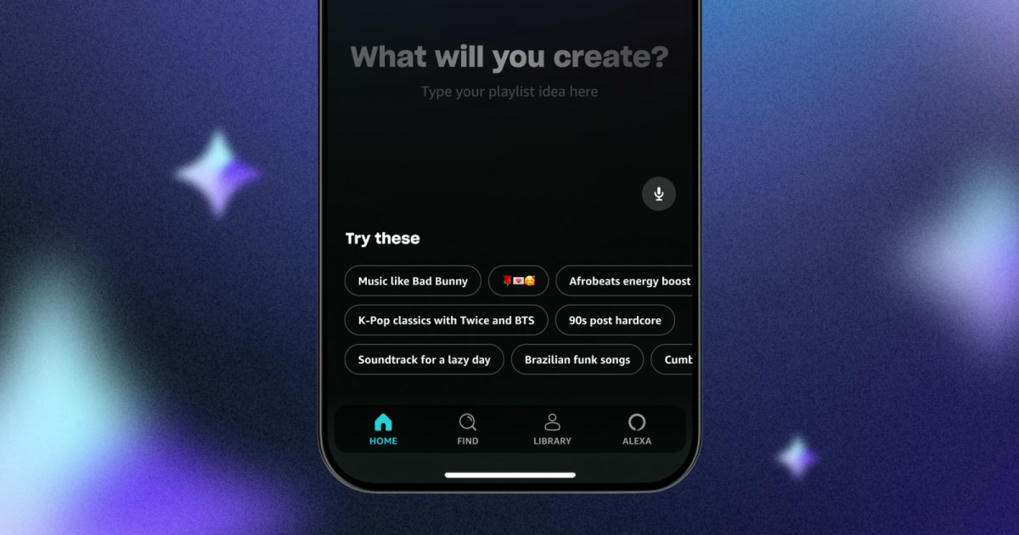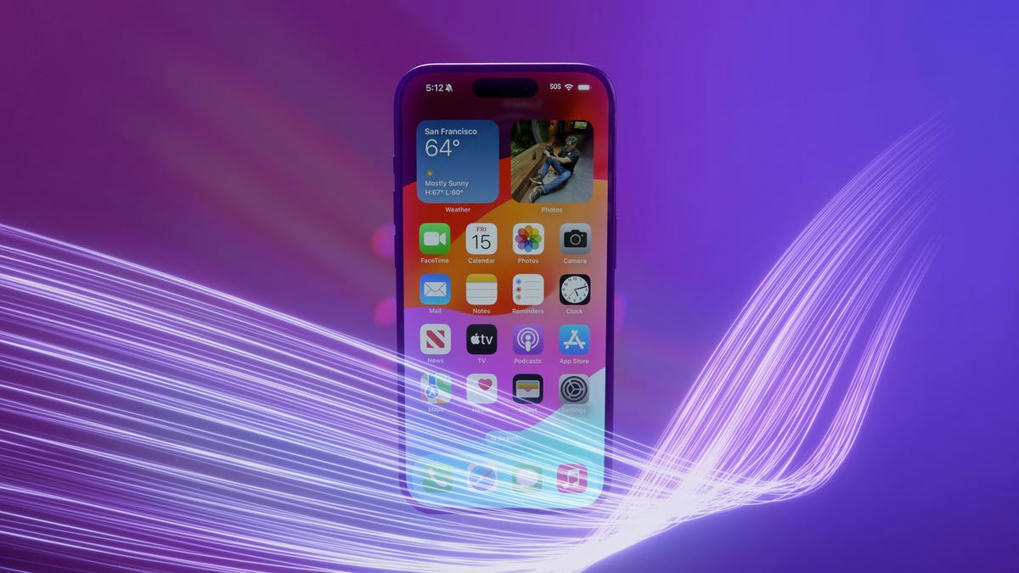
“AI music generators — AIs that create new music based on users’ text prompts — are lowering the bar for music creation, for better or worse …”
On April 10, a new release shook the world of music.
No, it wasn’t a new Frank Ocean album or even another Drake diss track (more on those later). This drop wasn’t actually a new piece of music at all. It was Udio, an app that uses AI to generate music from users’ text prompts — think ChatGPT for instrumentals.
Though not the first product of its kind, Udio is arguably the best of the bunch — so how exactly does it work, and what could it mean for the future of music?
Read the full article at: www.freethink.com






